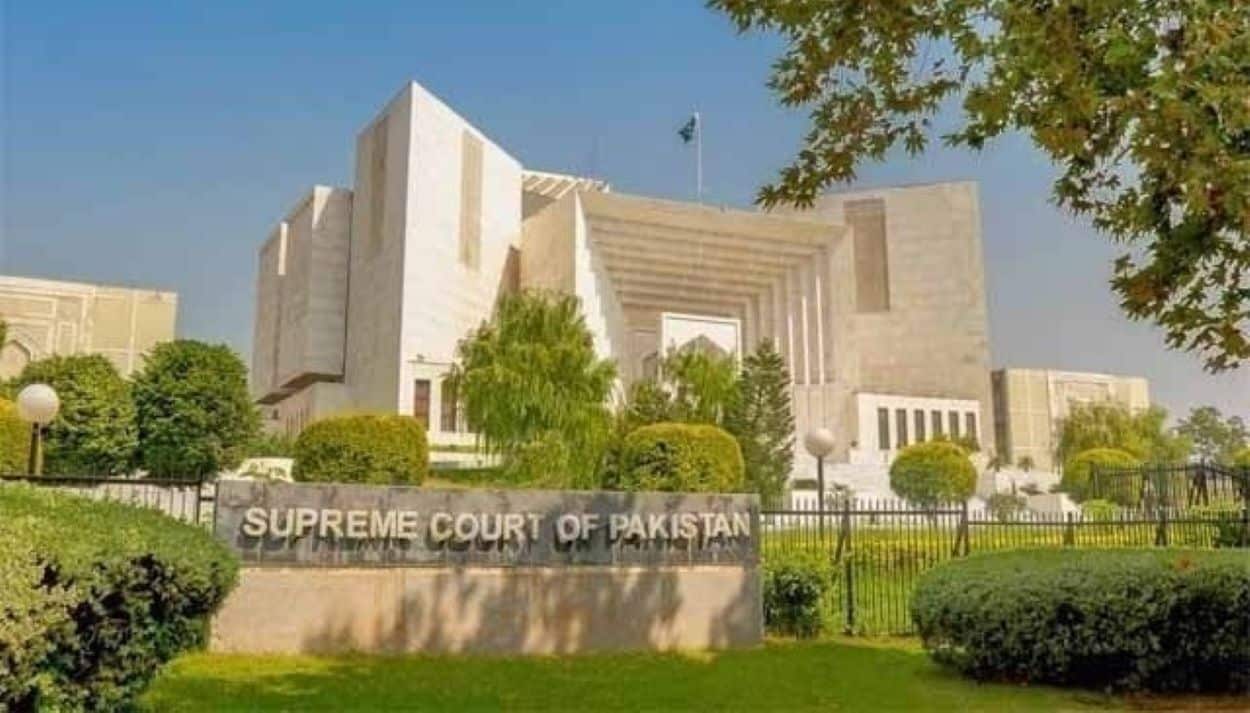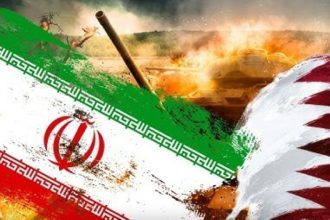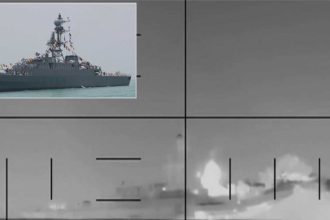Supreme Court judges have expressed concerns regarding the government’s decision to try civilians in military courts, while others implicated in the same incidents face trials in anti-terrorism courts.
Justice Naeem Akhtar Afghan highlighted this issue during a Thursday hearing, noting, “For the May 9 incidents, military courts tried 103 accused, while anti-terrorism courts are trying the rest.” This session was part of a broader discussion as the constitutional bench, led by Justice Amin-Ud-Din Khan, addressed intra-court appeals against civilians’ trials in military settings.
On October 23 last year, a five-member bench unanimously deemed civilian trials in military courts unconstitutional and ordered that 103 suspects be tried in civilian courts instead. However, a six-member bench, with Justice Musarrat Hilali dissenting, suspended this order on December 13, 2023, following challenges to the October decision.
The constitutional bench later conditionally allowed military courts in December to proceed with the reserved verdicts of 85 civilians detained for their alleged roles in the May 9, 2023, riots, which erupted following the arrest of the PTI founder on corruption charges and targeted state installations including the General Headquarters.
The military court subsequently sentenced all 85 accused within the same month, although authorities pardoned 19 convicts soon after they submitted mercy petitions.
Justice Jamal Khan Mandokhail questioned the basis for civilian trials in military courts, asking, “Who decides, and based on what criteria does a case go to a particular court for trial?” He observed discrepancies where the Anti-Terrorism Court (ATC) might acquit an accused, yet a military court could issue a sentence, and inquired whether military courts receive special evidence.
Justice Mandokhail emphasized the need for constitutional compliance in establishing courts, stating, “While we respect all courts, including military ones, their establishment must adhere to the Constitution.”
Echoing these concerns, Justices Naeem Akhtar Afghan, Muhammad Ali Mazhar, and Hilali questioned the criteria for deciding which cases go to military courts and which to ATCs.
Justice Hasan Azhar Rizvi also questioned whether the May 9 riots constituted a more serious crime than terrorism, prompting a discussion about strengthening ATCs.
With these ongoing issues, Justice Amin-Ud-Din acknowledged the limitations of the bench’s authority concerning already convicted individuals and adjourned the hearing until the following day.






